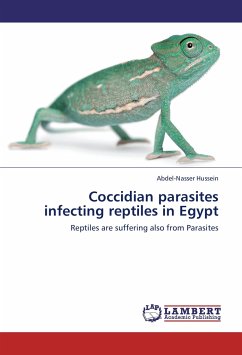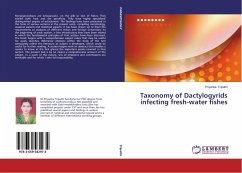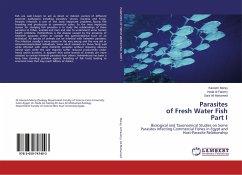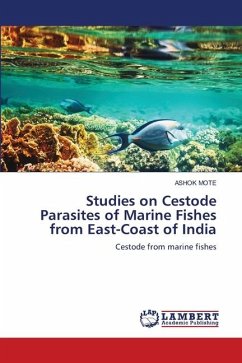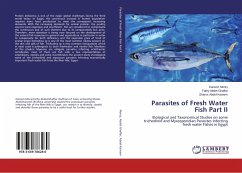"Food fish" has a nutritional profile superior to all terrestrial meat, being an excellent source of high quality animal protein and highly digestible energy, as well as an extremely rich source of omega-3 polyunsaturated fatty acids, fat-soluble vitamins (A, D and E), water-soluble vitamins (B complex) and minerals (calcium, phosphorus, iron, iodine and selenium). At present, "food fish" represents the primary source of animal protein (contributing more than 25% of the total animal protein supply) for about one billion people within 58 countries worldwide, including many developing countries and low- income food-deficit countries (value excludes China). Consumption of omega-3 fatty acids from sea food products (including from aquaculture) has been shown to prevent or ameliorate certain types of diseases (e.g., coronary heart disease and stroke; autoimmune disorders; cancers of the breast, colon and prostate; hypertension and rheumatoid arthritis). Fishes especially mullets are utilized as a food in many tropical and subtropical regions, they play an important role in aquaculture, where they also play an important ecological role and usually support fisheries In addition.
Bitte wählen Sie Ihr Anliegen aus.
Rechnungen
Retourenschein anfordern
Bestellstatus
Storno


